Have you been watching Sexy Beast on the Paramount+ streaming service? No? Well, it’s hard to say whether you’ve missed out on much. Amid the current vogue for reviving decades-old films and turning them into television series, musicals or what-have-you, revisiting Zone of Interest director Jonathan Glazer’s 2000 debut, a blackly comic crime caper that owes equal debts to Harold Pinter’s The Dumb Waiter, Stephen Frears’s The Hit and Nicolas Roeg’s Performance, was probably not on anyone’s bingo card for 2024. Yet now an eight-part limited series has appeared, starring James McArdle and Emun Elliott in the roles created by Ray Winstone and Ben Kingsley, and with True Blood’s Stephen Moyer stepping into the part of the crime lord Teddy Bass so memorably incarnated by Ian McShane in Glazer’s film.
Sexy Beast is a prequel to the original picture and is therefore devoid of a crucial source of tension; we know that none of the central characters will die, because they have to return for the film, which means that all the various violent and profane confrontations between them carry little weight. The casting of Scottish classical actor McArdle in the lead — he may be best known in the States for his role as the morally conflicted deacon in Mare of Easttown — is an improvement over Winstone, and he manages to bring a combination of wide-boy charm and hefty gravitas to the protagonist Gal. Yet virtually every other aspect of the show suffers in comparison to the film. Elliott and Moyer are stuck giving imitations of Kingsley and McShane, and showrunner Michael Caleo chooses to make explicit what was implicit in the original, with a queasy scene of male rape at the end of the second episode chucked in for shock value rather than through artistic necessity.
It is unlikely that Sexy Beast will linger long in the viewer’s imagination, but the new Netflix series The Gentlemen, based on the Guy Ritchie film from 2019, may fare rather better. For a start, Ritchie has returned to write and direct — although, given how variable his projects over the past decades have been, this could go either way — and he has marshaled an intriguing cast that includes everyone from Brit gangster film stalwarts Winstone and Vinnie Jones to Breaking Bad’s Giancarlo Esposito, all of whom appear in service of a storyline which carries on from the film’s account of Matthew McConaughey’s cannabis baron Mickey Pearson and the various criminal types he encounters.
Ritchie has often been needled in the British press for his so-called “mockney” credentials. The filmmaker likes to give the impression that he grew up around some of London’s more threatening criminal elements, and that his 1998 breakthrough hit Lock, Stock and Two Smoking Barrels was loosely derived from many of the “faces” that he was familiar with. In fact, Ritchie’s upbringing in the plusher parts of England, complete with, at one point, a baronet for a stepfather, gave him a greater insight into the workings of the aristocracy than into the ne’er-do-well underclass, and so The Gentlemen promises to be rich in fascinating (and, hopefully, hilarious) detail about the often symbiotic relationship between money, privilege and crime. Or, of course, it could just be another exercise in black comic absurdity, complete with jobbing British actors spitting out profanities at one another as if they were in a bar fight.
Whether The Gentlemen is any good or not, there is no doubt that Ritchie has a right to return to this well-worn territory. Lock, Stock and Two Smoking Barrels was an enormous hit on release, combining black comic farce and violence with considerable skill and chutzpah, and establishing his reputation. He has made several other pictures on a similar theme, including the utterly bizarre, Kabbalah-influenced Revolver and the unsuccessful RocknRolla, and anyone watching them will recognize a certain series of tropes and standbys that keep returning to his films. Over-the-top violence played for laughs; colorful East London characters who have not existed in reality since the Sixties, if they ever did; back-and-forth dialogue that is heavy on inventive profanity and repetition and low on genuine wit; and plot twists, often revolving around some artifact or antiquity, that strain credibility even as they ramp up the convolutions.
Still, Ritchie’s pictures are generally entertaining, and sometimes better than that. Hugh Grant’s performance in the film of The Gentlemen as a low-level private detective is a particular delight — the man who was once Britain’s leading romantic comedy export now takes perverse pleasure in embodying sleazy scumbags who fit perfectly into Ritchie’s universe; the way he delivers the line “wanking into a hanky” is truly one for the ages. Yet Ritchie’s movies could never be confused with great cinematic art. In American film, some of the finest pictures ever made revolve around the workings of organized crime. From The Godfather and Goodfellas to The Departed and Scarface, there are endless brilliant, operatic accounts of what it profits a man (or woman) to gain the world and lose their soul in the process. But in Britain? Well, that’s quite another story.
Which is not to say that British gangster films are devoid of their own kind of merit. The 1948 Graham Greene adaptation Brighton Rock, starring future national treasure Richard Attenborough as psychotic gangster Pinkie, is every bit as good as American films of the era, and there were numerous outstanding pictures throughout the Seventies and Eighties. Think of Michael Caine, grimly heading up north to take vengeance in Get Carter, James Fox taking refuge in Swinging London in Performance (in a film where, as one disgusted executive put it, “even the bathwater is filthy”), or, perhaps best of all, Bob Hoskins’s swaggering gangster finding his empire falling to pieces over the course of The Long Good Friday, which builds to one of cinema’s greatest wordless endings. Yet there is no British Godfather for much the same reason that there is no British Shane or Searchers. American cinema excels in great sweeping epics, panoramic in both setting and milieu; British cinema is — and this is not intended as a criticism — parochial in its concerns and reach.
The iconography of crime in Britain is largely that of the Sixties, in particular drawing on the gruesome Kray twins, little known to Americans but iconic in the UK. Two biopics have been made about them; one by Peter Medak, simply called The Krays and starring brothers Gary and Martin Kemp, and one by Brian Helgeland, Legend, featuring Tom Hardy as both Ronnie and Reggie. The Krays, at least one of whom was psychotic and both of whom were violent criminals, would barely have been considered noteworthy in America, but in Sixties London, their bad-boy glamour was such that they were photographed by David Bailey and consorted with film stars and musicians. It is this kind of indulgence that Ritchie’s gangster pictures lean into, a condescending sentimentality about the working-class (“they only hurt their own, and they kept the streets safe”) deeply at odds with the sadistic violence visited by organized criminals upon anyone who got in their way.
In 2000, Paul McGuigan’s film Gangster No 1, featuring a fine comeback performance by Malcolm McDowell and a terrifying early appearance by Paul Bettany, both playing the eponymous gangster, attempted to subvert the clichés around organized criminals. The film was stylish and nightmarishly violent, with its most jaw-dropping scene revolving around a rival gangster’s evisceration from the perspective of its demented protagonist. It was not a commercial success, making around $30,000 at the US box office; in the same year, Ritchie’s Lock, Stock follow-up, Snatch, earned around a thousand times as much in America alone, suggesting that this kind of more easily digestible nostalgia had a considerably wider commercial footprint.
It is unlikely that either Sexy Beast or The Gentlemen will have their legacies seriously challenged by the television series based on them. Sexy Beast is regarded as a modern-day classic, and Glazer’s increasing cinematic reputation will only strengthen its standing, whereas The Gentlemen is highly accomplished escapism that indicates that Ritchie is at his best when working within the discipline of a two-hour running time. There will continue to be deeply inferior British films and television series which lionize gangsters, with titles like Rise of the Footsoldier and Once Upon a Time in the East End. They are ephemeral and barely worthy of serious consideration. Yet it should not be too much to hope that a filmmaker of Glazer’s talent once again takes on this befuddled genre and manages to elevate it into something strange and dynamic and beautiful, and worthy of seri-us consideration. Otherwise, we will be left with the cinematic equivalent of bald men fighting over a comb: a boot, stamping on a human face for all eternity, while someone calls someone else a slag. It is not, perhaps, the most enticing of prospects.
This article was originally published in The Spectator’s April 2024 World edition.



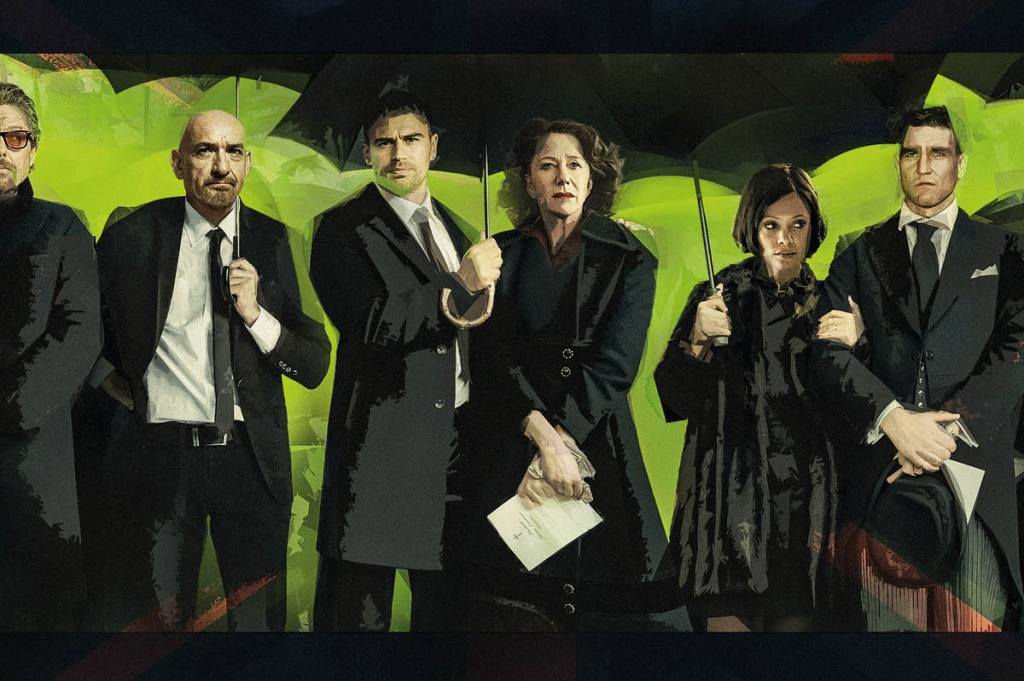






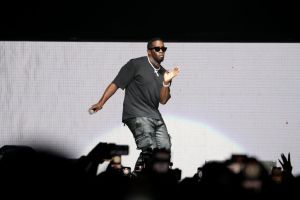


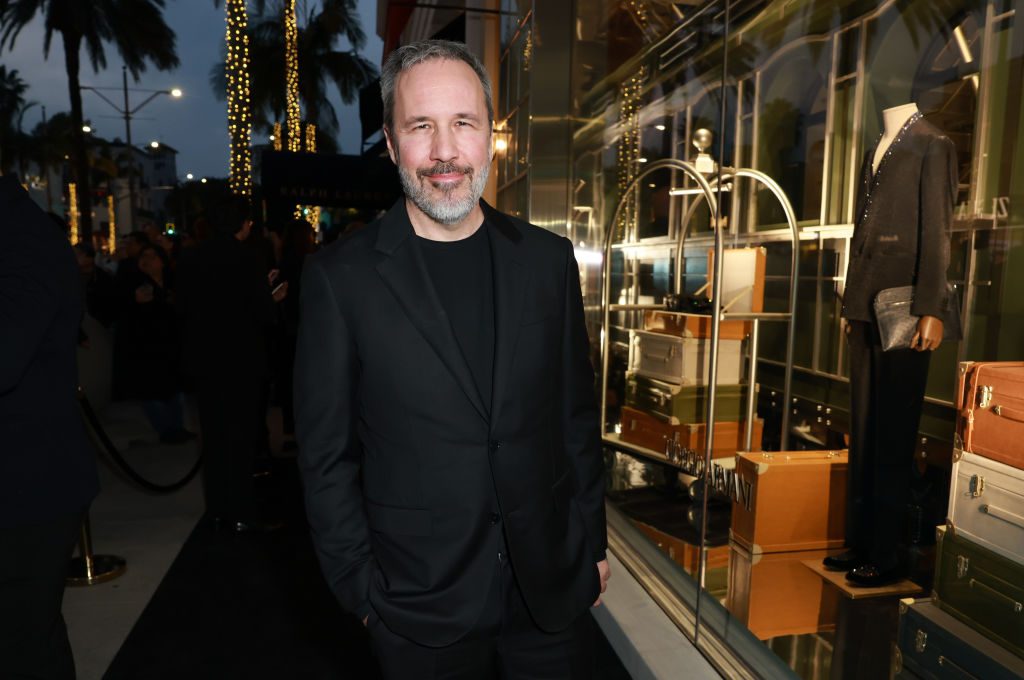
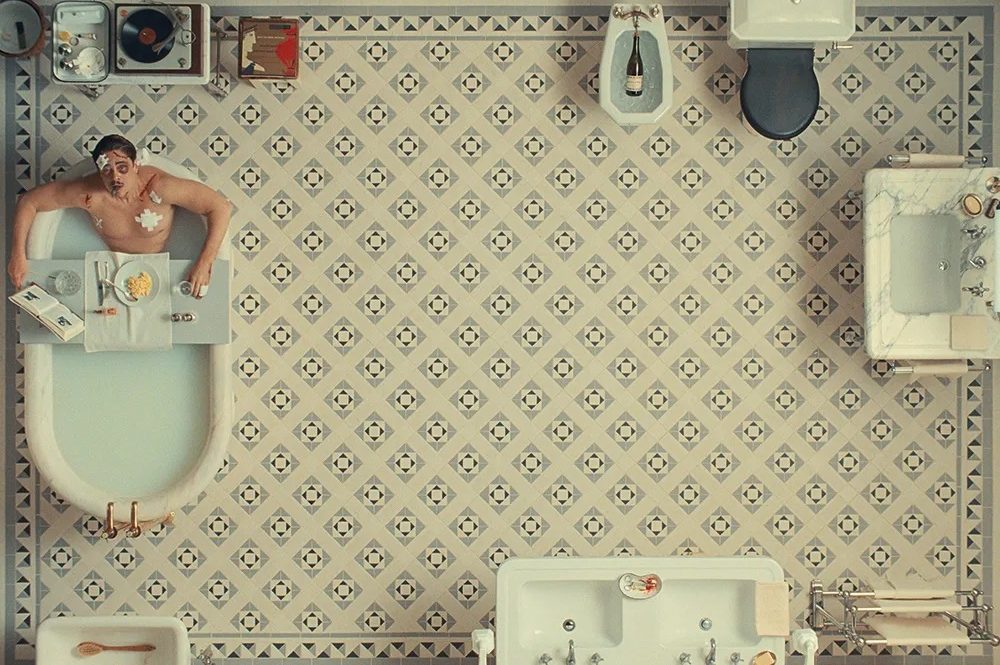



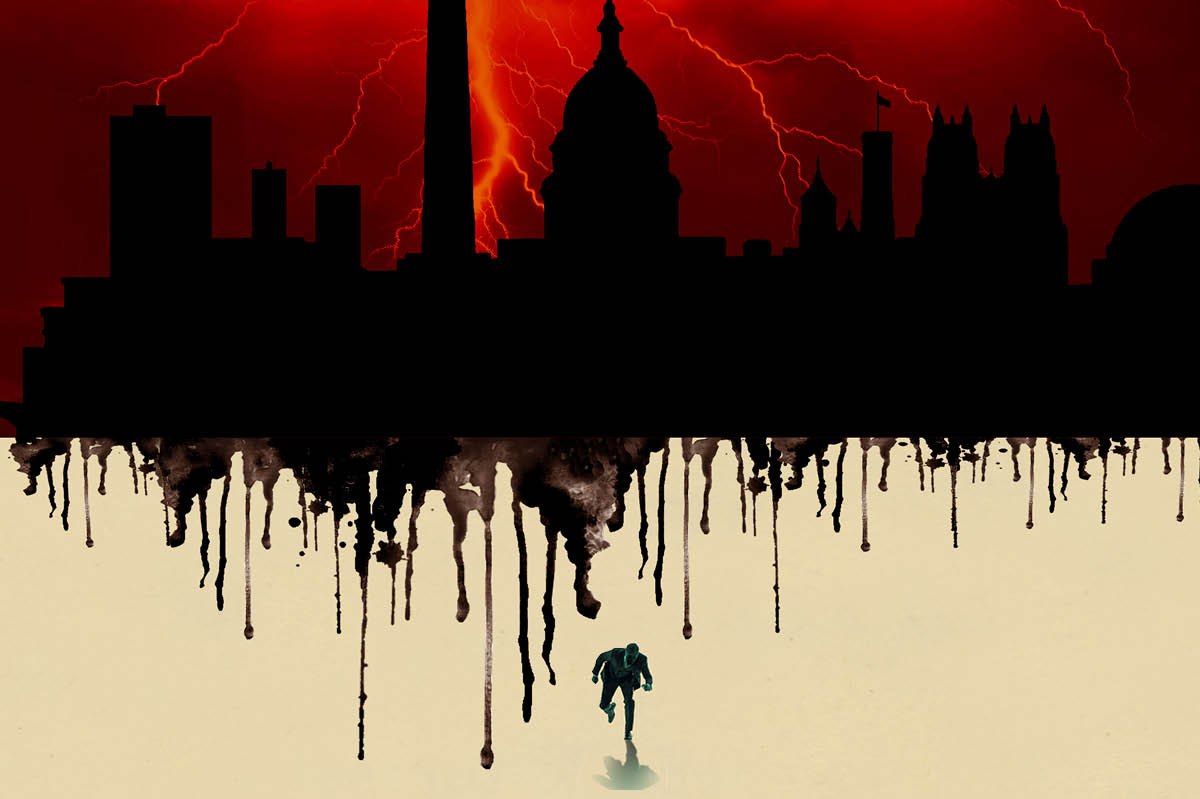







Leave a Reply